
Papua New Guinea’s Marape Asserts No Recent Security Talks with China, Focuses on Partnerships with U.S. and Australia
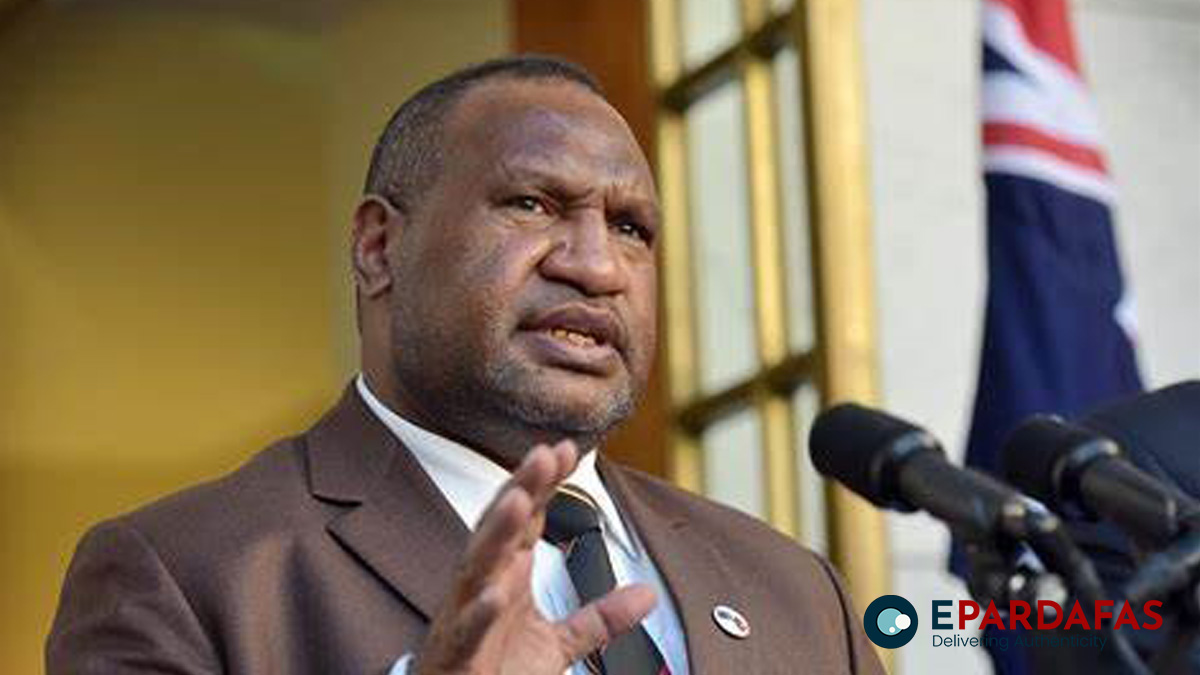
Papua New Guinea’s Prime Minister, James Marape, stated on Monday that there have been no recent discussions with China on security matters, emphasizing the nation’s commitment to transparent engagements. This announcement follows the signing of a security agreement with neighboring Australia last week.
Addressing a resources investment conference in Sydney, Marape clarified that during his visit to Beijing earlier this year, there were no discussions regarding security. He highlighted the government’s focus on involving traditional security partners for such matters, particularly the United States for external security and Australia for internal security.
“We keep them in the space of the economy. We went with traditional security partners for security,” Marape affirmed.
Papua New Guinea had previously signed a defense agreement with the United States in May, and the recent security deal with Australia is geared towards enhancing internal security measures, including the bolstering of police numbers and the judiciary.
“These two are complementary. External security with the USA, and internal security with Australia,” Marape explained, underscoring the significance of improving security for the benefit of foreign investors.
The resource-rich but largely undeveloped nation, situated north of Australia, aims to attract increased foreign investment and trade to stimulate economic growth amid heightened regional competition for influence between the United States and China. Notably, China had signed a security pact with neighboring Solomon Islands last year, adding to the geopolitical dynamics in the Pacific region.
Marape emphasized the importance of security enhancements for foreign investors considering Papua New Guinea. The nation’s exports primarily revolve around resources and energy, particularly liquefied natural gas.
In addition to security matters, Marape touched upon climate change, asserting that he did not want his country to be lectured on the subject. He urged nations with substantial carbon footprints and affluent lifestyles to lead in curbing emissions.
“My country is in the oil and gas business. Lucky for me, we have the big forest and ocean to offset,” Marape stated. With 70% of Papua New Guinea covered by forests, he proudly declared the country as “carbon negative,” offering a green label to energy investors.
As Papua New Guinea navigates complex geopolitical currents and seeks economic growth, Prime Minister Marape’s strategic approach to security partnerships and emphasis on environmental offsets highlight the nation’s multifaceted engagement with global challenges.
- PM Oli Hails Thailand Visit and BIMSTEC Summit Participation as Fruitful and Impactful
- PM Oli Vows to Deepen Nepal-India Relations Following Productive Talks with Indian Counterpart
- Kathmandu Chokes on Toxic Air as Health Concerns Mount
- Myanmar Earthquake Death Toll Surpasses 3,300, UN Calls for Global Support
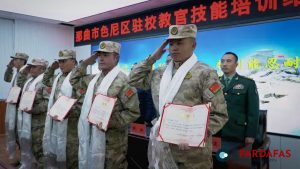

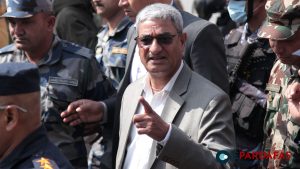

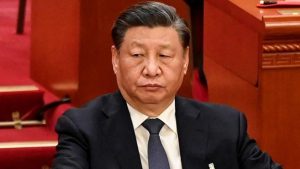
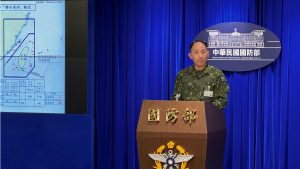

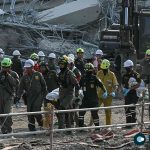


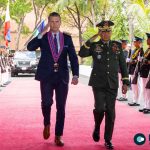
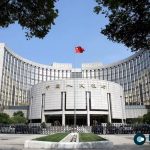
Comments